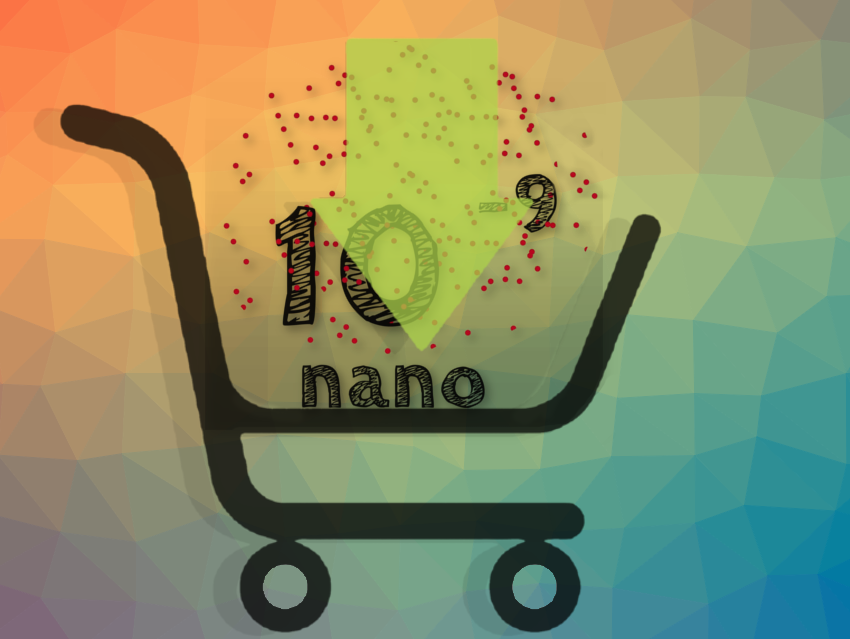Many products containing nanomaterials, such as car tires, cosmetics, textiles, and food packaging, have become an integral part of our daily life. The public shows a growing interest in healthy lifestyles and environmental issues. As a result, consumers are becoming more cautious when buying goods. They are more interested in knowing the origin and content of the products they buy, as they can influence their health and the environment. It is, therefore, important to investigate how nanomaterials are perceived by the public.
A study commissioned by the European Chemicals Agency (ECHA) and the EU Observatory for Nanomaterials (EUON) and conducted by SC&C s.r.o., EcoMole s.r.o., and ReachSpektrum s.r.o. have measured and analyzed how European citizens perceive nanomaterials and their potential risks to our health and the environment. Austria, Bulgaria, Finland, France, and Poland were selected as a representative sample of EU countries. A representative sample of 1,000 respondents in each country was selected and recruited through national managed access panels. The Computer-Assisted Web Interviewing (CAWI) methodology was used to collect 5,000 responses in the target countries between February 3, 2020, and February 17, 2020.
The study found that general awareness of the nature, properties, and characteristics of nanoparticles is low, even though nanomaterials are an everyday part of our lives. There is only a very limited understanding of how the use of nanomaterials benefits the various technologies and products and ultimately the users and consumers of these products. The use of nanomaterials has mostly been associated with electronics, surface treatment, cosmetics, and textiles. However, awareness has increased compared to previous surveys, and this trend is expected to continue in the future.
The general risk perception of nanomaterials has been lower than for other modern trends and technologies. However, the study has identified some concerns about the safety of some established and newer applications of traditional and newer nanomaterials. Concerns often correlate with a lack of awareness of nanomaterials. People who know more about nanomaterials tend to be less concerned about the safety of using nanomaterials in everyday products.
87% of the survey participants would like to know whether the product they buy contains nanomaterials. This information could, for example, be provided on a label or packaging. The greatest need for labeling products containing nanomaterials is for food and food-related products, medicines, cosmetics, clothing/textiles, toys, and cleaning or household products.
The main conclusion of the study: Awareness of nanomaterials in Europe should be increased to ensure that the public can make informed choices about products containing nanomaterials, including their benefits and risks. A clear communication strategy to share information and communicate the benefits and safety aspects of nanomaterials plays a key role here. The study also recommends extending the survey to all 27 EU countries.
- Study: Understanding public perception of nanomaterials and their safety in the EU (PDF),
Miloš Tengler, SC&C s.r.o., Jana Hamanová, SC&C s.r.o., Tomáš Novotný, EcoMole s.r.o., Simona Popelková, EcoMole s.r.o., Jan Holomek, ReachSpektrum s.r.o., Viktorie Kováčová, SC&C s.r.o., Filip Oliva, SC&C s.r.o., Jana Trávníčková, ReachSpektrum s.r.o., Dušan Bašić, EcoMole s.r.o., Kryštof Dibusz, EcoMole s.r.o.,
November 2020.
ISBN: 978-92-9481-730-3
https://doi.org/10.2823/82474



